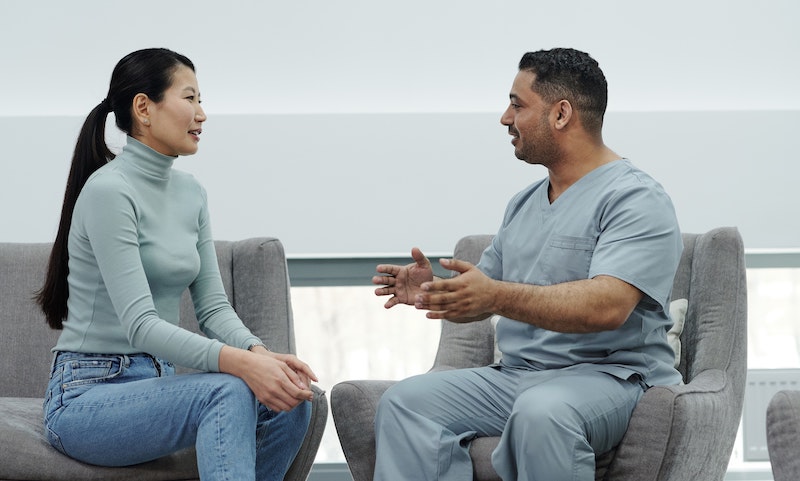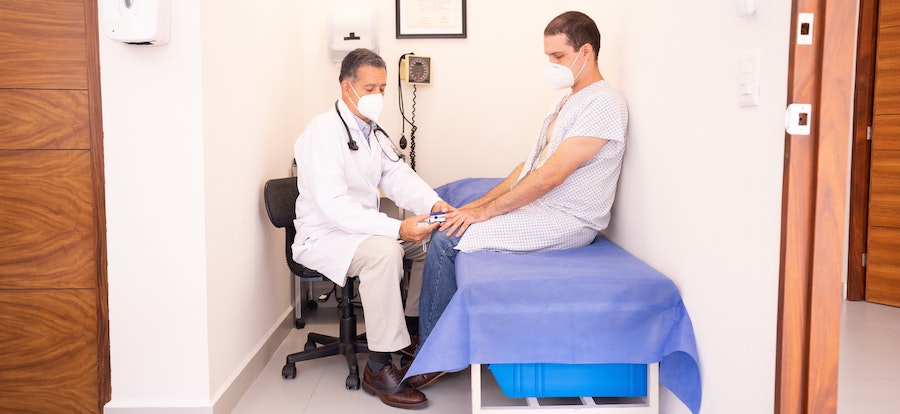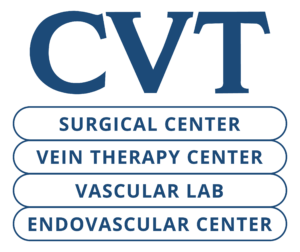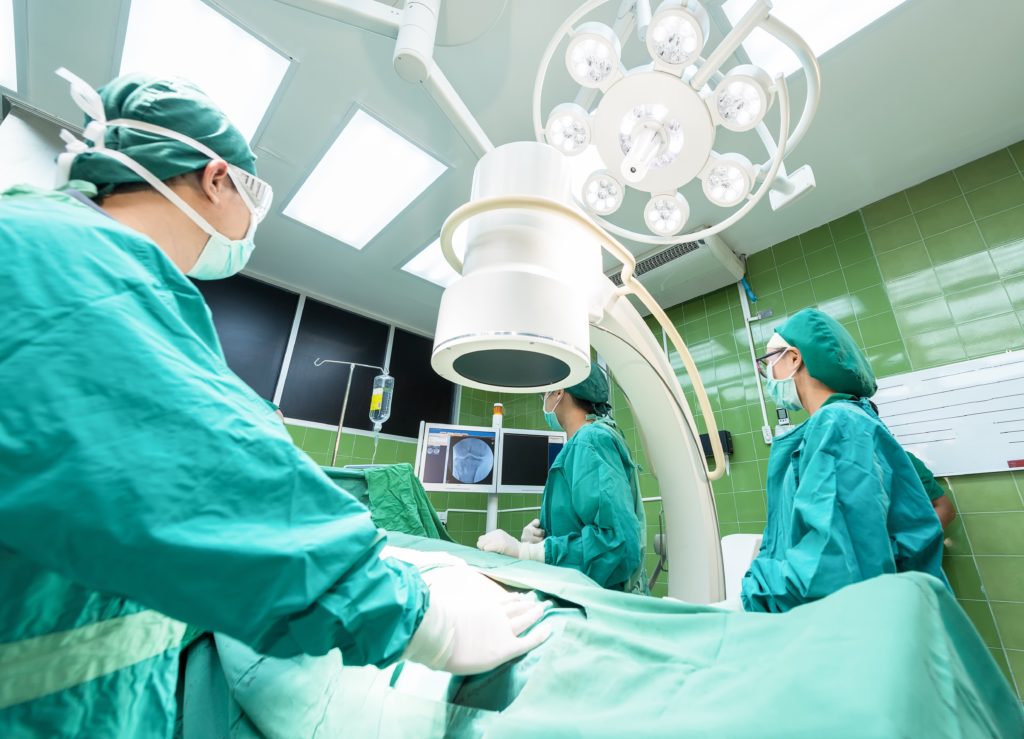State of the Art Surgical Care
Our surgeons have been instrumental in bringing the latest minimally invasive techniques to Louisiana. This includes treatment of aneurysmal disease, carotid disease, as well as critical limb ischemia. Over 1000 procedures are performed by our vascular surgeons each year.

Preparation for Surgery
Registration and Pre-Admission Checklist
Pre-Admission and registration is designed to be a surgery specific process that helps facilitate a smooth hospital experience. Team members will help prepare you and your family from surgery through discharge. The CVT office will direct you to their office for preoperative labs, testing and assist with the following:
- A review of your health history and completion of the anesthesia pre-operative record with the anesthesia representative
- Individualized teaching
- Discussion of discharge needs
- An additional opportunity to discuss questions or concerns about their upcoming surgery
What to Bring to the Hospital
Please bring these items with you when checking in:
- Insurance card and driver’s license or picture ID
- Financial means of paying your co-pay, if applicable
- Copy of Living Will or Durable Power of Attorney, if applicable
- Home medications in original bottles
- If unable to bring original bottles, please bring a current list including dosages and how often you take them
- Paperwork and X-rays given to you by the physician
Here are some recommendations for personal items to make your hospitalization more comfortable.
- Inpatient Clothing – Hospital gowns are recommended since they provide easy access for hospital staff to evaluate surgical wounds and can often become soiled during the hospital course. Pajamas, nightgowns, and robes are permitted so long as they do not interfere with surgical sites. It is recommended
- Toiletries – Toothbrush, toothpaste, comb, etc. Electrical equipment such as hairdryer, radios, razors, etc. may need to be evaluated by the hospital engineering department prior to its use.
- Personal Items – Cell phones, eyeglasses, dentures and hearing aids. Denture cups are available upon request. Take care not to leave any items on your food trays or on your bed as they may get lost. Don’t forget to bring your phone charger.
- What not to Bring – We encourage you to leave all valuables, such as large sums of money, jewelry and credit cards, at home. If necessary, money and small valuables may be stored with hospital security and reclaimed upon discharge.

Surgery
The Night Before Surgery
- The night before your surgery, you can eat a normal meal, but do not eat, drink or chew anything after 12 o’clock midnight.
- This includes gum, mints, water, etc.
- When brushing your teeth, avoid swallowing any water.
- Bathe or take a shower, wash from your neck down with the anti-bacterial soap provided.
Day of Surgery
- You’ll most likely feel a little nervous before surgery. The hospital staff will do all they can to answer your questions and help you relax.
- Proceed with your routine morning care. If you bathe or take a shower, wash from your neck down with the anti-bacterial soap provided.
- Women should not wear any makeup and must remove any nail polish.
- You should bring all your prescription medications with you.
- You should leave jewelry, watches, money and other valuables at home or with the person who accompanies you.
- We recommend that you dress in comfortable clothing that’s easy to fold. You will be given a garment bag so that your clothing can be given to the family member or friend who accompanies you. When you are transferred to a nursing floor, you may use your personal robe and toiletries.
Day of Surgery
Arriving at the Hospital
When you arrive at the hospital, you will be directed to the Pre-Op area. You will be given a hospital gown to wear. All clothing and other valuables should be given to your family members or the person who accompanies you. If you are unaccompanied, please tell your nurse, who can have your items locked up prior to surgery.
If You are an In-Hospital Patient
If you are already hospitalized, you will be given your approximate time of surgery the evening prior to your operation. Family members and friends may arrive before the operation and stay with you up until the time you are taken to surgery. Give all belongings to your family to take home with them, because you may not return to the same room after your surgery.
If you are unaccompanied, please tell your nurse, who can have your items locked up in Patient and Guest Services prior to your surgery. Your unit nurse and patient assistant will verify your identity before surgery by checking the identification bracelet on your wrist. You will then be transported to the operating room suite.

What to Do after Your Surgery
- Ambulate as much as possible
- No heavy lifting greater than 10 lbs until your post op visit
- Wash incision daily starting on post-op day 2 with soap and water, pat dry. Apply dry dressing with gauze if needed for drainage
- Monitor for signs of infection including redness, increased swelling, warmth, pain or purulent drainage
- You cannot drive while taking prescription narcotics
- Keep you follow up appointment as scheduled and call with any questions or concerns at 225-766-0416
-
Breathing Tips
Breathing Tips
- You will be using an incentive spirometer for lung exercises on your own
- Take 10 breaths every per hour while you are awake
-
How Should I Eat?
How Should I Eat?
- Your diet will change quickly from liquids to a regular diet
- The staff will measure what you eat or drink and your urine output
- If is normal to have a poor appetite, but we encourage you to eat
-
What Activities Will Help With My Recovery?
What Activities Will Help With My Recovery?
- Bathing with help
- Learn how to care for your incisions
- Sit in a chair for each meal
- Walk with help, if necessary, at least 3 times per day
- Allow for rest between activities
- Take pain medication as needed to accomplish the required tasks for the day
Discharge Planning – Case management and Social Workers
- Assess your discharge needs and make necessary arrangements
- Answer questions on financial assistance and provide support

Discharge Instructions
Here’s some recommendations that we have once you’re discharged.
-
What Can I Expect?
What Can I Expect?
- Tenderness, bruising, swelling or numbness around the incision site
- Temporary decrease in appetite
- Fatigue
-
Call The Office If…
Call The Office If…
- Increasing pain or severe drainage from puncture/incision site
- Fever greater than or equal to 101.5°
- Extreme swelling of an extremity
- Coolness, discoloration of an extremity
- Redness, warmth and tenderness around an incision site
-
How Should I Take Care of my Wound?
How Should I Take Care of my Wound?
- Shower daily – no baths until approved by your physician
- Use soap and water on incisions
- Keep incision clean and dry
- Apply clean new bandages daily
- Replace bandages frequently if they become soiled
-
What Can I Do to Increase My Mobility?
What Can I Do to Increase My Mobility?
- Stay active
- Increase in small increments
- Set obtainable goals and re-evaluate often

